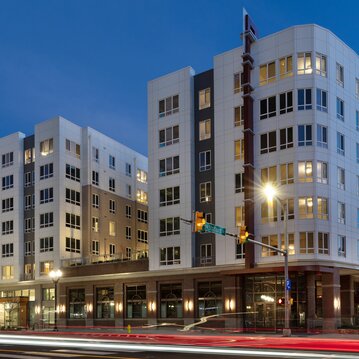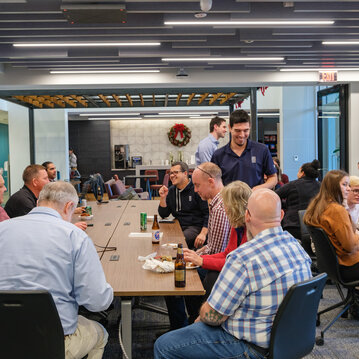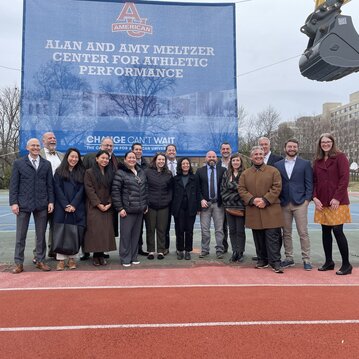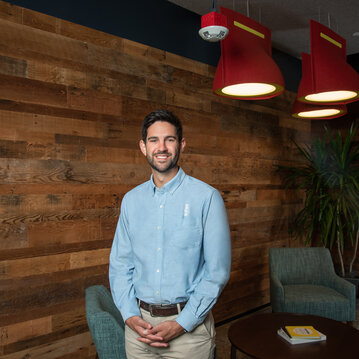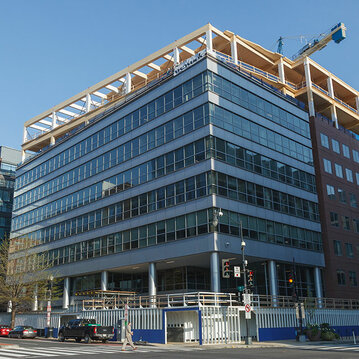DAVIS Leeds at Reston Row
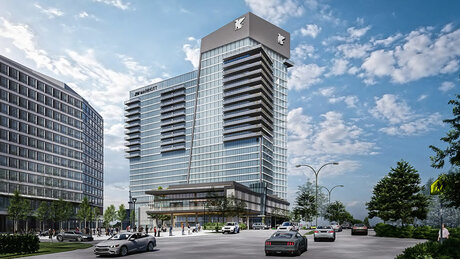
Building With The Earth In Mind
Sustainability is crucially important to the future of construction, and we’re implementing many new efforts within our operations at Reston Row, a 2,250,000 SF mixed-use project in Reston, Virginia for Comstock Companies. Reston Row will be the home of a new J.W. Marriott hotel, luxury condominiums, a high-rise rental apartment building, two new office buildings, and a grocer.
President and CEO Jim Davis challenged our project team to push the boundaries of sustainable construction at Reston Row, so we took that task head-on. First, we explored the use of carbon capture within the 1,000,000-SF cast-in-place underground parking facility. Carbon dioxide gas is directly injected into the concrete mix, creating a reaction that forms calcium carbonate, a bonding agent that acts as a substantial and permanent replacement for cement. This chemical process never reverses itself, removing the carbon dioxide from the Earth for good!
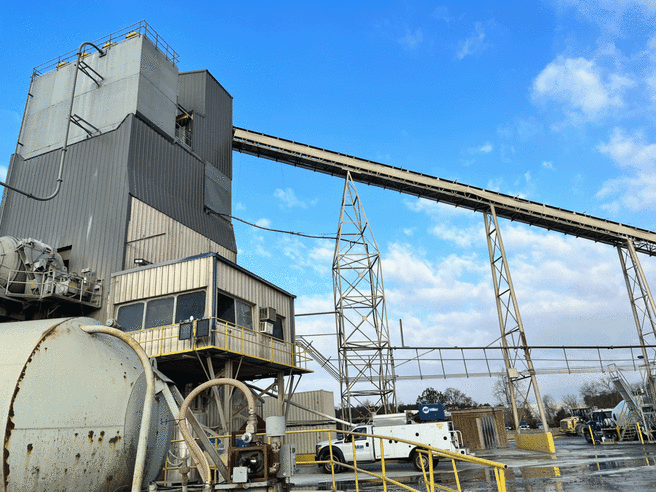
By implementing carbon capture, we reduced our carbon emissions by slowing the mining of natural resources including limestone, clay, marl, shale, chalk, sand, bauxite, and iron ore that are chemically combined to form cement. All future projects at Reston Row will continue this process, capturing over 5 million pounds of carbon dioxide and preventing them from being released into the atmosphere! For reference, that is the carbon dioxide equivalent of 250,000 gallons of gasoline burned by combustion engine vehicles.
Our next sustainability objective was eliminating the use of plastic water bottles on site. To address this, we turned to our trade partners and built a filtered water bottle filling station from an old gang box, consisting of a water filtration system, pump, and holding tanks. The outside of the station was modified to accommodate all sizes of water bottles, which allowed tradespersons to bring their bottle from home, refill it all day, and take it home to be cleaned and re-used. We also worked with Comstock to create Reston Row-branded re-fillable bottles for anyone who didn’t own one already. Single-use plastic bottles not only cost more—ultimately, they end up discarded around the jobsite, which adds unnecessary labor time to clean up and dispose of the debris into recycling containers.
Finally, our project team aimed to reduce our overall power consumption. We partnered with Power Design, Inc., the national electrical contractor on the project, to research and purchase solar power banks that can power small tools and equipment chargers for up to two days before needing a recharge. We also installed solar-powered overnight lighting in addition to LED and motion-sensor activated working hour lighting, and anticipate purchasing an electric all-terrain vehicle to traverse all 2,250,000-SF of construction. Our team conducts a monthly sustainability call with Power Design’s Energy Project Manager to ensure the latest and best initiatives are being considered for Reston Row.
